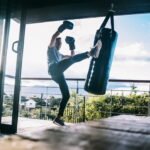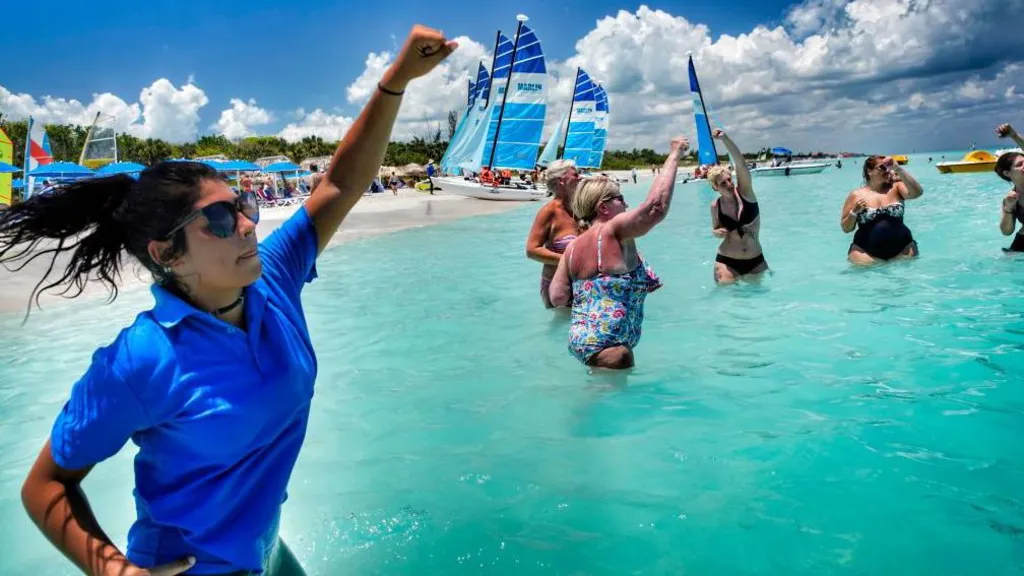
With winter nights approaching North America, Canadians fleeing frigid temperatures in search of sunnier climes are planning their annual trips to Florida or the Caribbean.
Cuba has traditionally been very popular with Canadians, drawn by the pristine white sands of beach resorts such as Varadero.
They fill the void left by Americans, wary of travel restrictions imposed by the US economic embargo on the Caribbean’s largest island.
Figures show that nearly a million Canadian tourists visited Cuba last year, the top country of origin for visitors by far.
So a recent decision by Canadian tour operator Sunwing Vacations Group (one of Cuba’s leading travel partners) to remove 26 hotels from its portfolio in Cuba is a blow to the island’s struggling tourism industry.
Sunwing made the decision after Cuba suffered a four-day nationwide blackout in late October, caused by failures in the country’s aging energy infrastructure.
Another nationwide power outage occurred last month, when Hurricane Rafael hit the island and worsened an already dire electricity crisis.
A third nationwide blackout occurred on Wednesday, December 4, after Cuba’s largest power plant went down.
“Cuba has experienced some volatility in recent weeks, and that can undermine consumer confidence,” Sunwing marketing director Samantha Taylor told travel website Pax News last month.
“There are amazing places to visit in Cuba,” she stressed, wanting to emphasize that the company isn’t pulling out of Cuba entirely. “But we also recognize that if customers are feeling a little uncomfortable, we need to give them options.”
Specifically, that involved putting together a list of what they called “hidden gems” — alternative vacation destinations in the Dominican Republic, the Bahamas and Colombia.
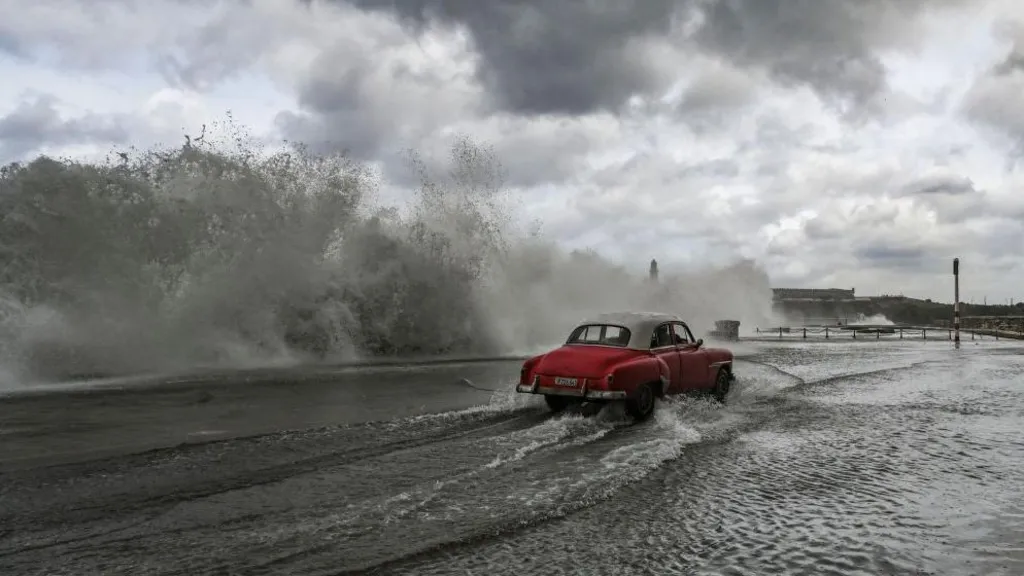
The implications for Cuba are clear.
The fact that a major tour operator is directing its clients to other countries’ beaches rather than to crumbling energy infrastructure is a real concern, as tourism is now the island’s main economic driver and the main source of foreign exchange earnings after remittances.
“Our message to Canadians is that tourism is one of the priorities of the economy,” Lessner Gomez, director of the Cuban Tourism Office in Toronto, said in a statement. “The Ministry of Tourism has been preparing for the winter season to offer better services, uninterrupted supplies, a better airport experience and more and new car rentals.”
While Cuba’s tourism agency is trying to ease fears about the scale of the power outages, few can deny that these have been extremely difficult months on the island. Hurricane Rafael was just the latest storm to hit Cuba in a frenetic Atlantic hurricane season in which more powerful and frequent storms are the new normal.
Of course, harsh weather is a problem throughout the Caribbean, but for Cuba there are other complications at play.
The re-election of Donald Trump to the White House and his choice of Secretary of State, Marco Rubio, will further complicate life for Cubans.
“This is probably the most difficult moment of the Cuban Revolution,” says former Cuban diplomat Jesus Arboleya. “And unfortunately, I don’t see anything on the horizon that would allow for an optimistic view of the future of US-Cuba relations.
“Donald Trump has handed over US policy towards Cuba to those sectors of the Cuban-American right that have essentially lived off anti-Castro policies since their origins.”
Arboleya adds that Marco Rubio, currently a US senator from Florida, is the leading voice among them. He is a Cuban-American who long opposed the communist government in Havana.
His parents were Cubans who moved to the United States in 1956, three years before Fidel Castro took power, but his grandfather fled the island’s Castro-led turn to communism.
“People are horrified at the idea of another Donald Trump presidency. “This means real trouble,” says Cuban political commentator and editor of Temas magazine Rafael Hernández.
The current U.S. policy toward Cuba is “somewhat schizophrenic,” he says.
“On the one hand, the State Department facilitates support for the private sector and pushes for economic changes in Cuba. But on the other hand, Congress and the Senate seem to freeze any progress on those reforms.”
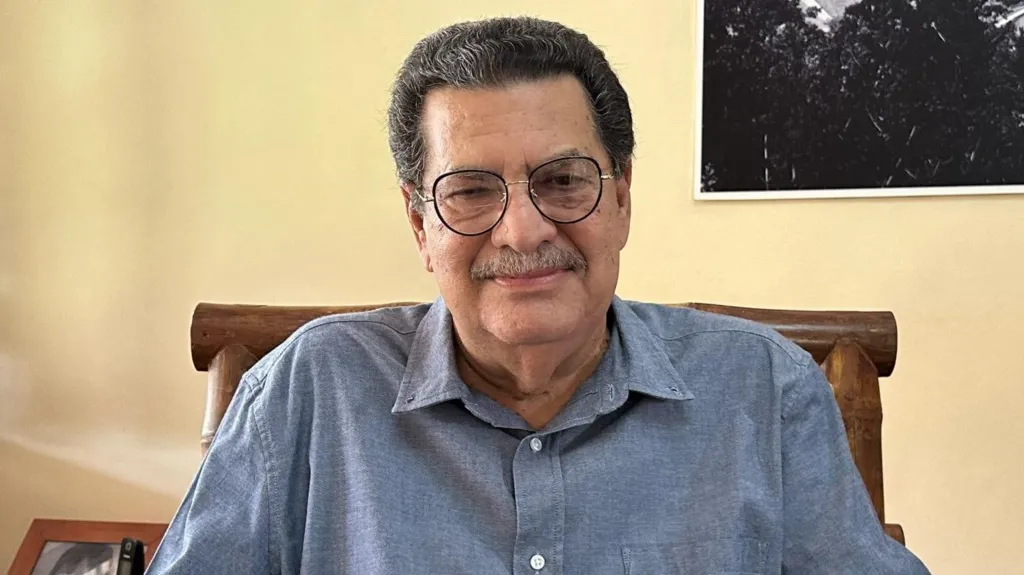
Yet future Secretary of State Rubio is expected to coalesce U.S. Cuba policy around a single idea: maximum pressure on the island by tightening already harsh sanctions.
Cubans fear that could mean the suspension of commercial flights to Cuba, or even the closure of the U.S. embassy in Havana, which officially reopened in 2015 after decades of frosty relations.
If implemented, those measures would be deliberately designed to further hurt Cuba’s faltering tourism trade, aiming to hit the communist-run nation when it is in decline. The number of tourists visiting Cuba has nearly halved from a peak of nearly five million visitors during the Obama-era détente with Cuba.
Between 2015 and 2017, American visitors flocked to the island under more relaxed travel restrictions, eager to experience a country long denied to them. Around the same time, the Cuban government embarked on a massive hotel-building spree, confident that demand would remain strong over the next decade.
But Cuban tourism suffered a double blow from which it has yet to fully recover. First, the Trump administration reversed President Obama’s rapprochement policies, and then the Covid-19 pandemic sent the industry into a tailspin.
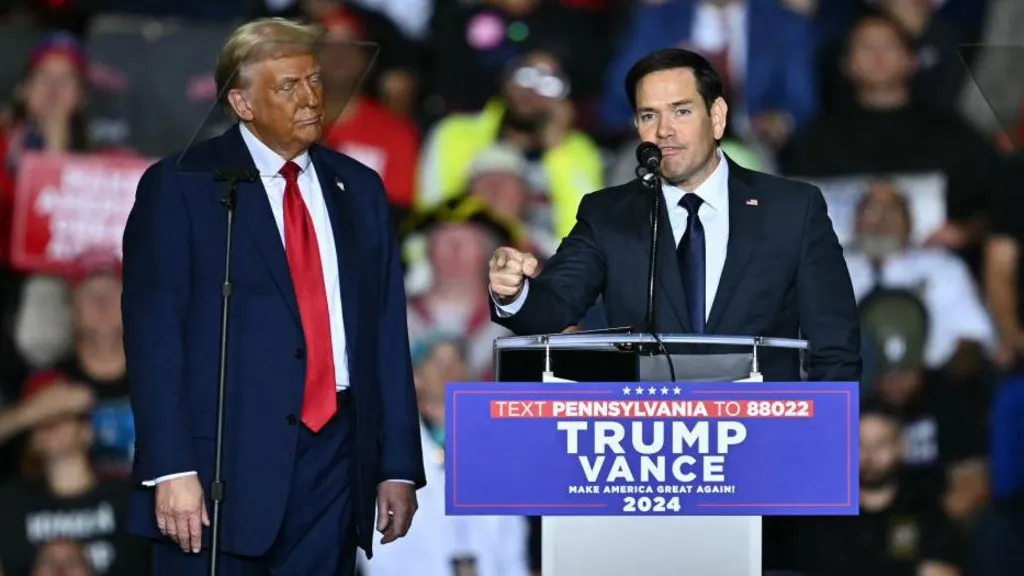
Now that many of those hotels are seeing much lower occupancy rates than originally anticipated and there are real difficulties in delivering the advertised five-star experience amid the blackouts and shortages, some are questioning the strategy of putting so many eggs in the tourism basket in the first place.
“Why has Cuba invested 38% [of government funds] on average over the past decade in hotels and infrastructure related to international tourism, but only 8-9% in energy infrastructure?” asks economist Ricardo Torres of American University in Washington DC. “It doesn’t make sense. Hotels run on electricity.”
Even with all the current challenges, most visitors agree that Cuba remains a unique travel experience. The clichés – classic cars, cigars and mojitos – still attract many, while others prefer to travel around the island absorbing its history, culture and music.
But as tour operator Sunwings’ decision to step back demonstrates, some tourists are finding it hard to appreciate Cuba during its energy crisis, especially one that is about to be exacerbated by a hostile administration – and Secretary of State – in Washington.







